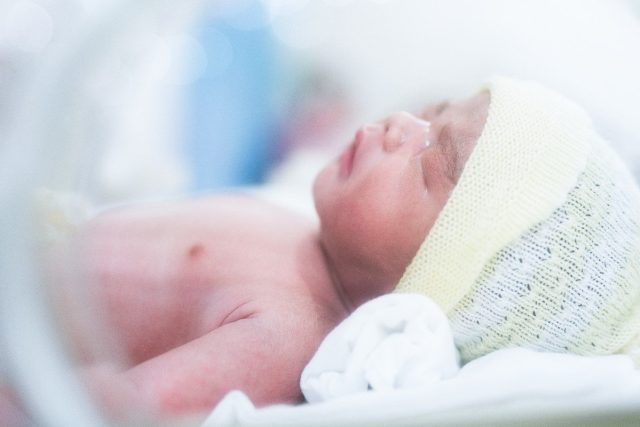Higher survival seen for VLBW infants undergoing transcatheter closure, but similar LOS, neonatal complications
By Elana Gotkine HealthDay Reporter
MONDAY, July 15, 2024 (HealthDay News) — For very low birth-weight (VLBW) infants, transcatheter closure of the patent ductus arteriosus (PDA) is increasingly used, with selected short-term outcomes slightly more favorable, according to a study published online July 15 in Pediatrics.
Brianna F. Leahy, M.B.B.S., from the University of Vermont in Burlington, and colleagues describe survival and short-term outcomes among VLBW infants (born from 401 to 1,500 g or 22 to 29 weeks of gestational age) who underwent transcatheter or surgical PDA closure from 2018 to 2022. Data were included for 6,410 of 216,267 infants at 726 hospitals who received invasive PDA treatment.
The researchers observed an increase in the use of transcatheter closure, from 29.8 percent in 2018 to 71.7 percent in 2022. Higher survival was seen for VLBW infants undergoing transcatheter closure, and they had a similar length of stay, neonatal complications, and receipt of discharge support. Survival and discharge support were found to be similar in subgroup analyses conducted for infants with birth weight ≥700 g and born in 2020 to 2022, whereas selected neonatal complications and length of stay were reduced after transcatheter closure.
“Although selected VLBW short-term outcomes after transcatheter closure, including survival, neonatal complications, and length of stay, may be slightly more favorable compared with surgical closure, this retrospective observational study did not include many important clinical factors, and statistical observations should be interpreted cautiously and in the appropriate neonatal clinical context,” the authors write.
Copyright © 2024 HealthDay. All rights reserved.



















